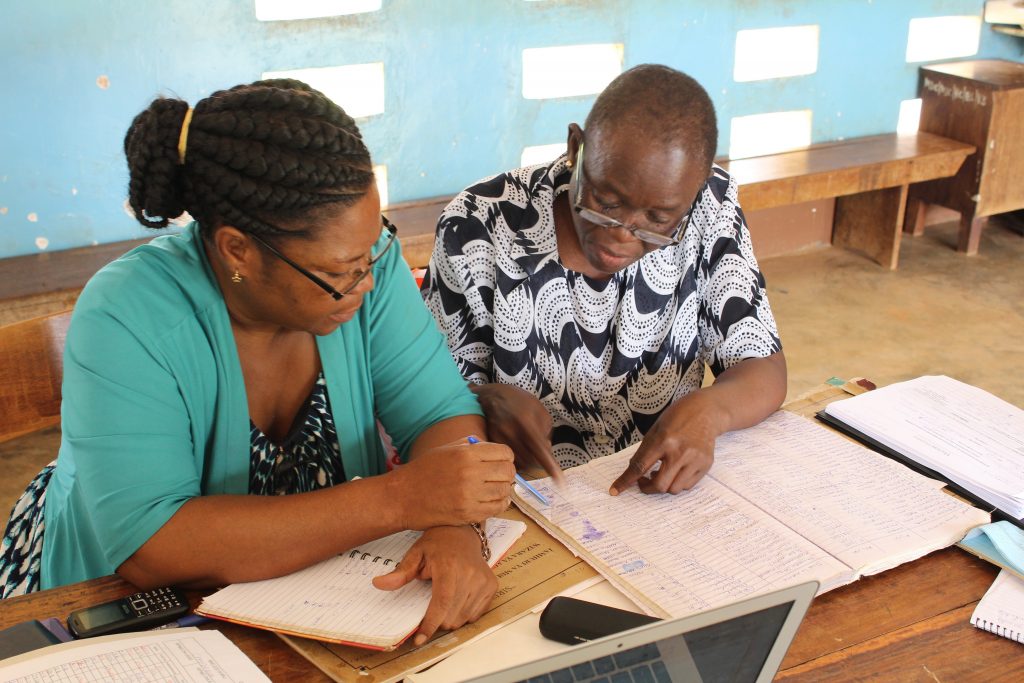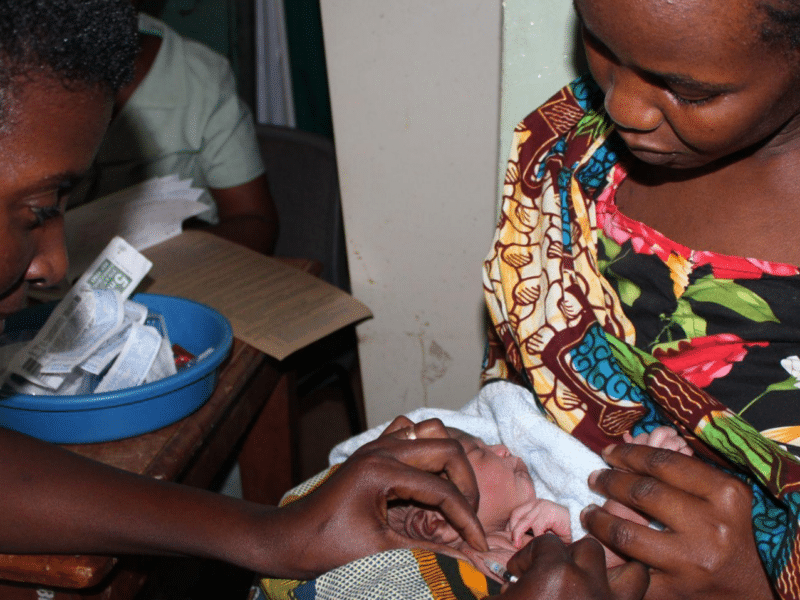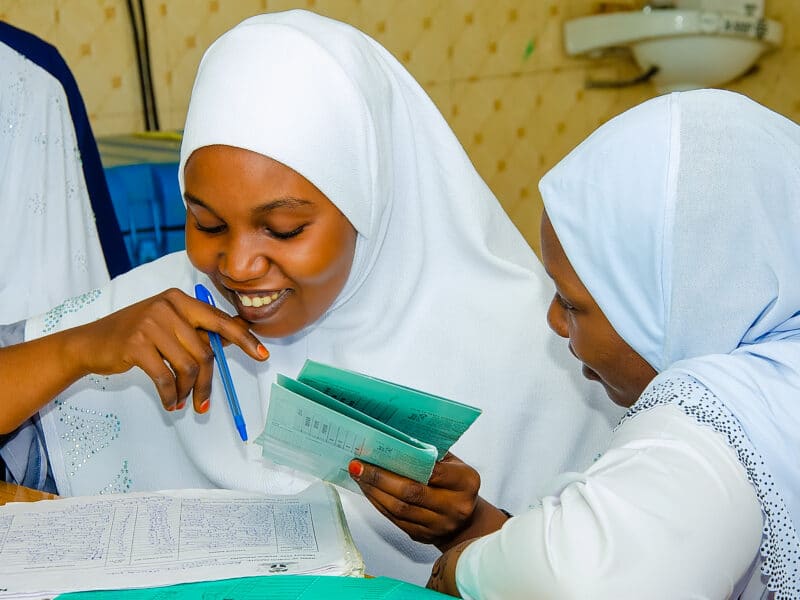A dashboard created by a Johns Hopkins Center for Communication Programs project in concert with the Tanzanian government has saved time and money and made it much easier to distribute needed insecticide-treated mosquito nets to families across the East African nation.
The malaria-prevention initiative, called Chandarua Kliniki (Clinic Net), enables CCP and other organizations who distribute bed nets to monitor and account for every net issued through the nation’s health facilities. Previously, it was difficult to keep track of all of the nets and to ensure that the nets were being dispensed appropriately. The dashboard is part of the U.S. President’s Malaria Initiative (PMI)-funded VectorWorks project.
“Right now, we are able to account for every net that has been distributed,” says CCP’s Noela Kisoka, director of field implementation for VectorWorks in Tanzania. “We are on top of every issue. It is not easy to have your eye on all 5,000 health facilities. But the Chandarua Kliniki dashboard gives us a quick snapshot of what is going on to allow us to focus our attention.”
In Tanzania, VectorWorks delivers free bed nets to pregnant women and infants, who are particularly vulnerable to malaria, as well as schoolchildren. Since 2015, VectorWorks has supported the country’s National Malaria Control Program in distributing more than 19 million nets nationwide. In 2016, the percent of pregnant women getting a net at their first prenatal care visit was less than 50 percent. Today it is 90 percent.
Bed nets are considered a major reason why cases of malaria have fallen dramatically in many parts of Africa in recent years. Still, malaria sickened 219 million people in 87 countries and killed 435,000 in 2017.

Team members in Mtwara, Tanzania review monitoring data at a clinic identified by the Chandarua Kliniki dashboard. Photo: Eric Filemyr
Rolled out in 2017, the new dashboard is part of the District Health Information System 2 platform that is already in use at health facilities. It is able to show comparisons between the number of people being seen at each clinic – children getting their first measles vaccination and pregnant women at their first pre-natal care visits – and the number of nets distributed onsite.
A VectorWorks evaluation found that several aspects of the dashboard and its associated activities increased data visibility, accountability of the program and improved the process of managing net distribution in the region visited.
In 2018, the dashboard was rolled out nationwide.
Kisoka says that Chandarua Kliniki has greatly increased accountability and productivity.
“Before we had the dashboard, you might go out on a site visit to a clinic and realize you’d spent two hours at a facility where net distribution was going quite well,” she says. “Now, with the Chandarua Kliniki dashboard, once information is in the system it can be used to determine which health facilities have issues, and where district monitoring teams should visit to conduct mentoring. You look at the … discrepancies between issuing [of nets] and clients seen at a facility and you can see immediately which facility has bigger issues, which allows the team to focus on those facilities.”
The success of the Chandarua Kliniki dashboard has led to its expansion to Zanzibar, and strong government ownership of the dashboard means that it can continue to be a useful tool even after the VectorWorks project ends in 2019.
“It’s crucial to know how well each facility is performing, so that we can make sure nets get to the people who need them most in a timely fashion,” says CCP’s Hannah Koenker, PhD, who directs the VectorWorks project. “The Chandarua Kliniki dashboard makes that possible at a glance. Long into the future, the dashboard will make it much easier for national and local leaders in Tanzania to protect their most vulnerable citizens from malaria.”





